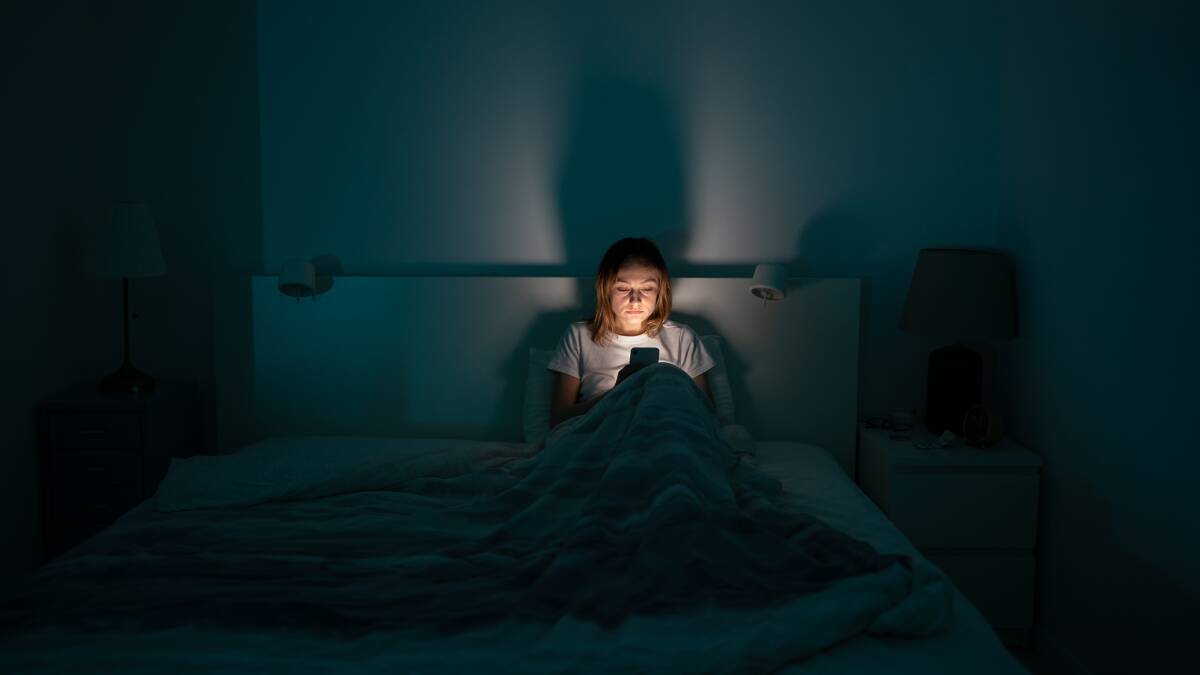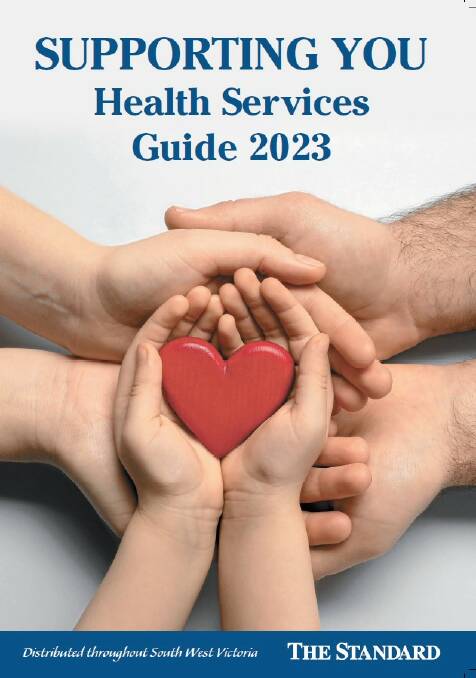
For optimal health, you have to focus on sleep - plain and simple.
Subscribe now for unlimited access.
$0/
(min cost $0)
or signup to continue reading
Nutritionist Gabrielle Newman from The Fast 800 Programme says sleep is the most underrated high-performance tool that we have.
"A good snooze is not only crucial for immediate performance, think memory and focus, but also for long term brain health," she says.
That being said, enhancing your sleep is easier said than done.
Even if you commit to all the sleep-promoting tricks and gadgets you can find, you may still wake up feeling exhausted, groggy, or both.
It's a frustrating situation to find yourself in, but according to Gabrielle, a few sneaky culprits may be at play.
1. YOUR BEDROOM TEMPERATURE
Did you know your body temperature drops when you fall asleep? That's why it's important to keep your bedroom cool and comfortable. If it's too hot or too cold, you may have trouble falling asleep or staying asleep. Experts recommend setting your thermostat between 18 and 22 degrees Celsius for optimal sleep. In summer, use a fan to keep air circulating over your skin.
2. YOUR CAFFEINE INTAKE
You probably know drinking coffee or tea before bed can keep you awake, but did you know that caffeine can stay in your system for up to six hours? That means even if you have a cup of coffee in the afternoon, it could still affect your sleep at night. Try to limit your caffeine intake to the morning and switch to decaf or herbal teas in the afternoon and evening.

This story is one of many featured in the entire magazine online - click HERE for more!
3. YOUR SCREEN TIME
You may enjoy scrolling through social media or watching Netflix before bed, but this could be harming your sleep in more ways than one. First, the blue light from your devices can suppress the production of melatonin, the hormone that regulates your sleep cycle. Second, the stimulating or stressful content of what you're watching or reading can keep your mind active and prevent you from relaxing. Try to avoid screens at least an hour before bed and opt for a calming activity like reading a book or listening to soothing music instead.
HOW TO HELP? EAT TO SLEEP
It's been shown poor quality sleep affects our food choices, but the foods we eat and our eating habits can also influence our sleep patterns and behaviours.
Great food to help you sleep:
- Oily fish is high in both omega-3 fatty acids and vitamin D, both of which have been recognised to increase levels of the neurotransmitter serotonin. Serotonin is later converted into melatonin, the sleep hormone.
- Nuts and seeds are high in magnesium. Magnesium, commonly referred to as the sleep mineral, helps to reduce adrenaline levels and relaxes the brain. Nuts also contain melatonin.
- Turkey and chicken contain tryptophan; an essential amino acid that is a precursor to the neurotransmitter serotonin, which converts to melatonin. Tryptophan can also be found in milk and dairy products, fish, oats, nuts and seeds.
For more information, visit thefast800.com.

